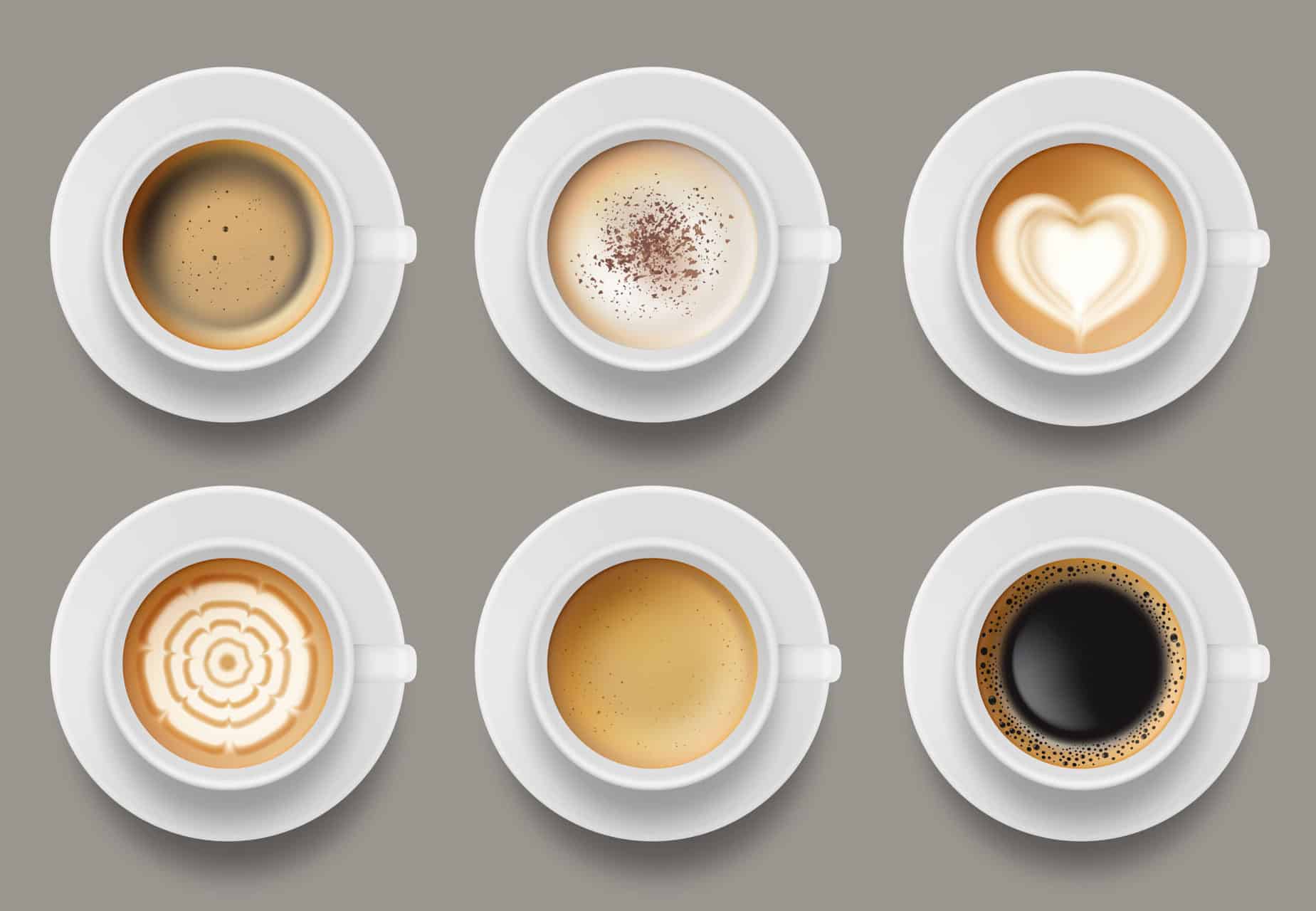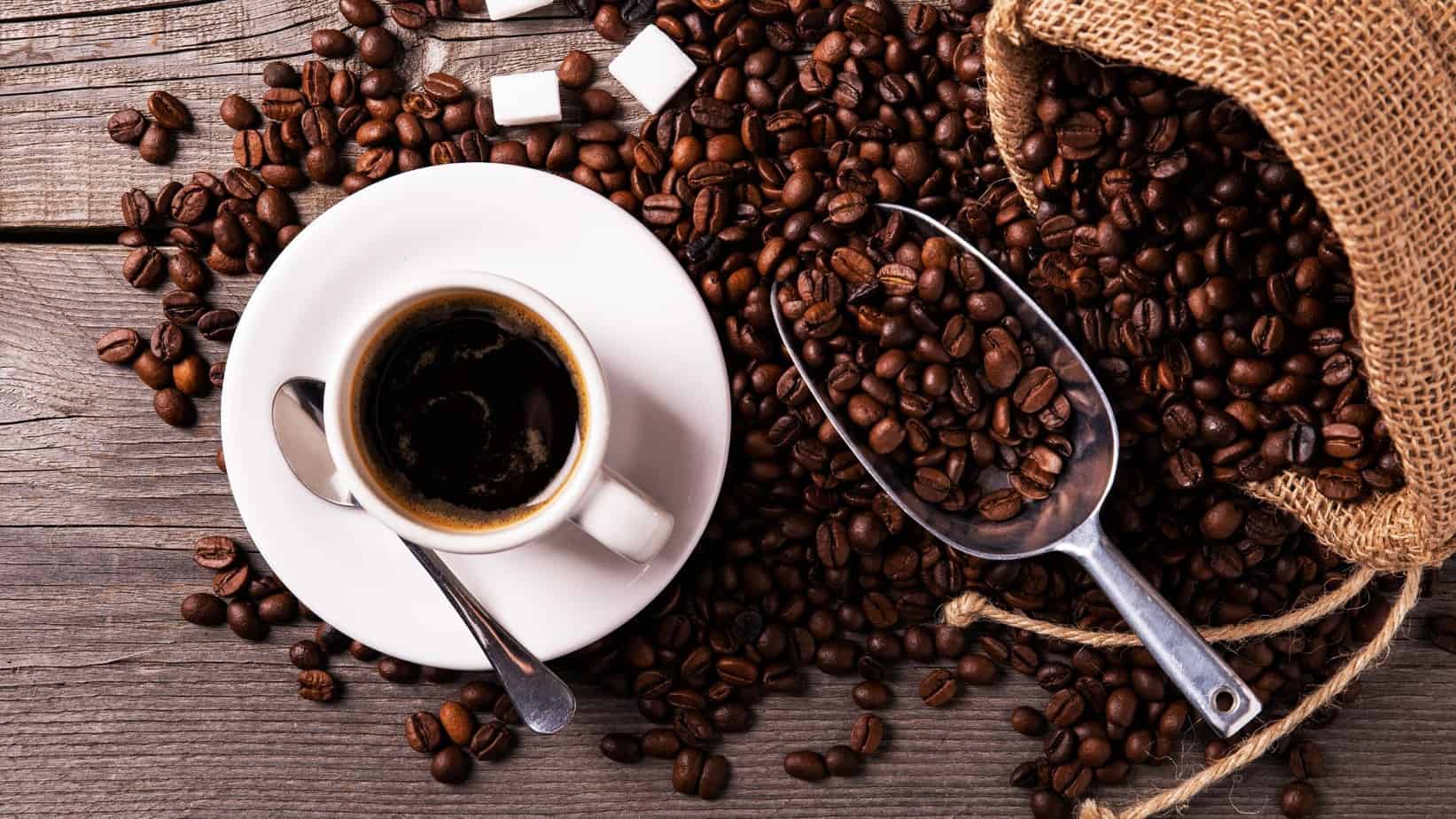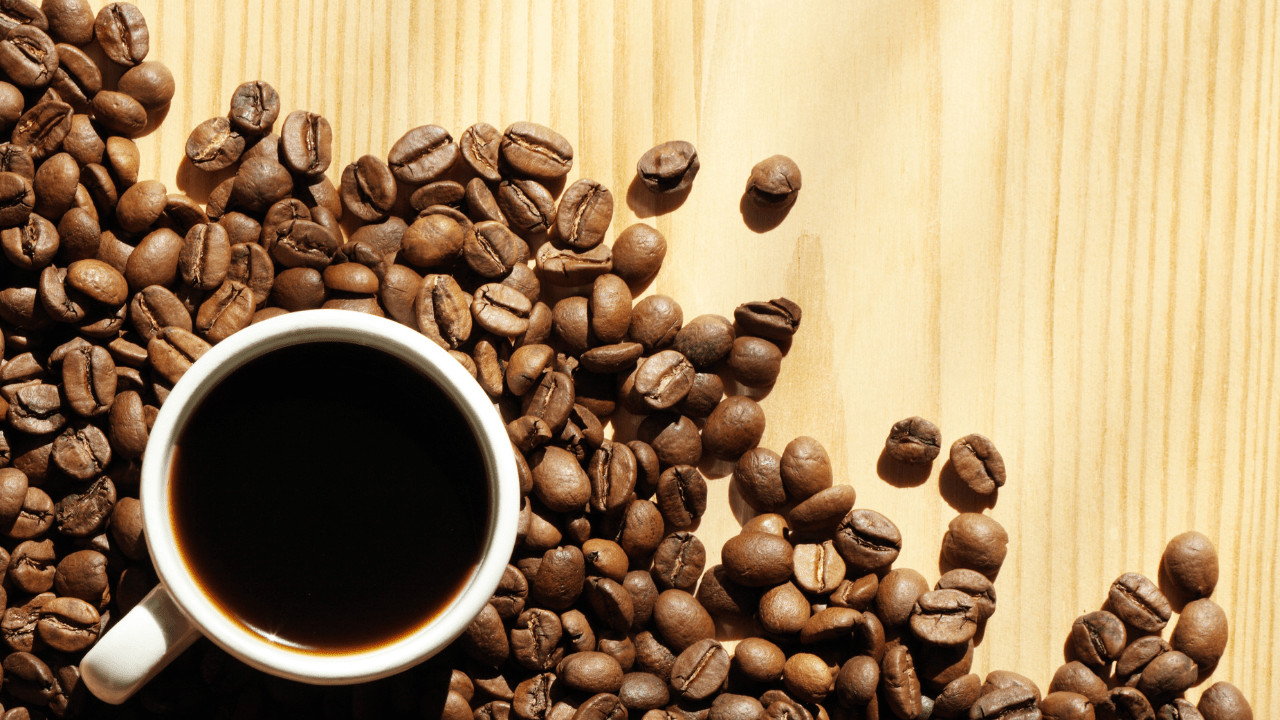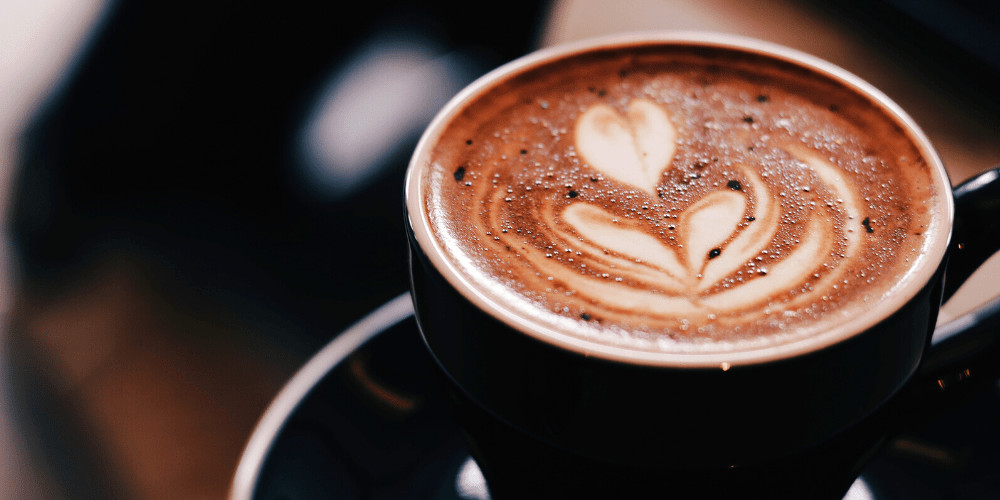
It’s not uncommon to wake up feeling groggy from time to time. When we’ve had a poor night of sleep, most of us will look to the coffee pot for a quick, energizing caffeine boost. But have you ever noticed that a cup of coffee can sometimes have the opposite effect?
If you’ve ever thought, “coffee makes me tired,” then this article is for you. We’ll be exploring what happens to the body when we drink coffee, and why some people may experience tiredness rather than alertness as a result of consuming caffeine. Keep reading to find out – is coffee making me tired?
Why Does Coffee Make Me Tired?
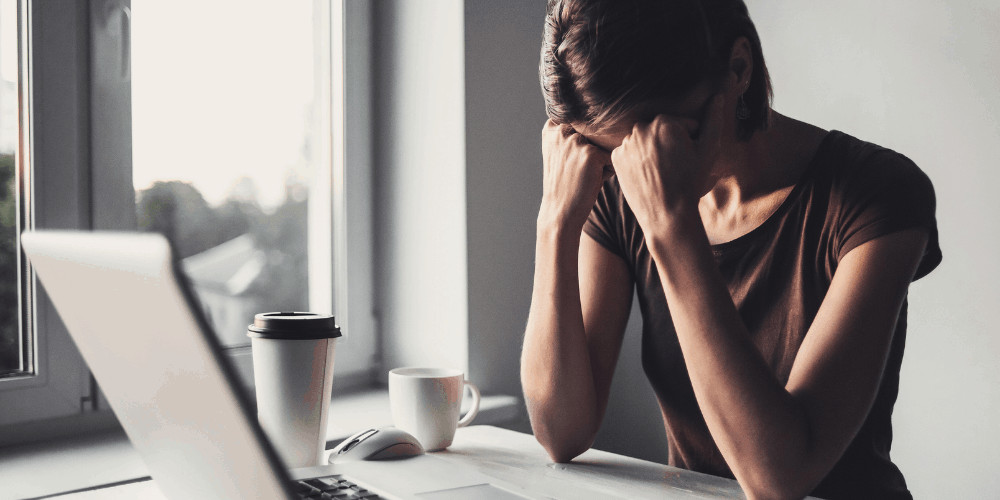
If you find yourself getting sleepy a few hours after a cup of coffee, you may be feeling a little confused — isn’t caffeine meant to give you an energy boost and wake you up? Well, if you’re getting sleepy after caffeine, you aren’t alone. As it turns out, the reason you may feel tired rather than alert after a cup of coffee, is thanks to an indirect effect of caffeine on the body.
Here is why:
- Caffeine Blocks Adenosine: One of the reasons you may be getting tired after drinking coffee is that caffeine blocks the chemical adenosine. Adenosine is responsible for the sleep-wake cycle in the body and the brain. Normally, levels of the chemical increase during the day and decrease at night, making you doze off to sleep.When you drink caffeine, adenosine can no longer be received by adenosine receptors. However, the production of the chemical doesn’t stop. This means that once the caffeine wears off, you may have a build-up of adenosine. This build-up can lead to tiredness.
- Coffee is a Diuretic: It gives you the urge to urinate more frequently. Some diuretics can increase the risk of dehydration. Dehydration can lead to an increased heart rate and lower blood pressure, which, in turn, can cause a feeling of fatigue.While dehydration is known to cause tiredness, it’s unclear whether coffee does actually result in dehydration. Some studies have shown that coffee doesn’t have a significant impact on the body’s urination.
- Coffee Sometimes Contains Sugar: If you tend to add a spoonful or two of sugar to your cup of coffee, this may be the reason for your sluggishness during the day. Consuming high quantities of sugar can result in a “sugar crash.” When the body has processed the sugar from your drink, you may experience a slump in energy. This usually occurs an hour to two hours after sugar consumption..
- Coffee Comes With A Crash: The most likely culprit to being sleepy after a cup of coffee is most likely due to the caffeine crash effect. It works similarly to a sugar crash, in that after the caffeine stimulates the nervous system to wakefulness, there is a quick and steep slump as it wears off. Essentially, caffeine delays your tiredness. If you aren’t sleeping well, or you are drinking too much coffee, the caffeine crash can be pretty severe, and very noticeable.Caffeine starts to take effect between 30-60 minutes after consumption, but can stay around for awhile. It’s “half life” can max out at about 5 hours, which means that after five hours you’ll still have half of the amount of caffeine that you consumed floating around in your bloodstream. This might explain that early afternoon slump that you feel after drinking your morning coffee.
How Can You Stop Feeling Tired After Coffee?
Choose The Time You Drink Coffee Wisely
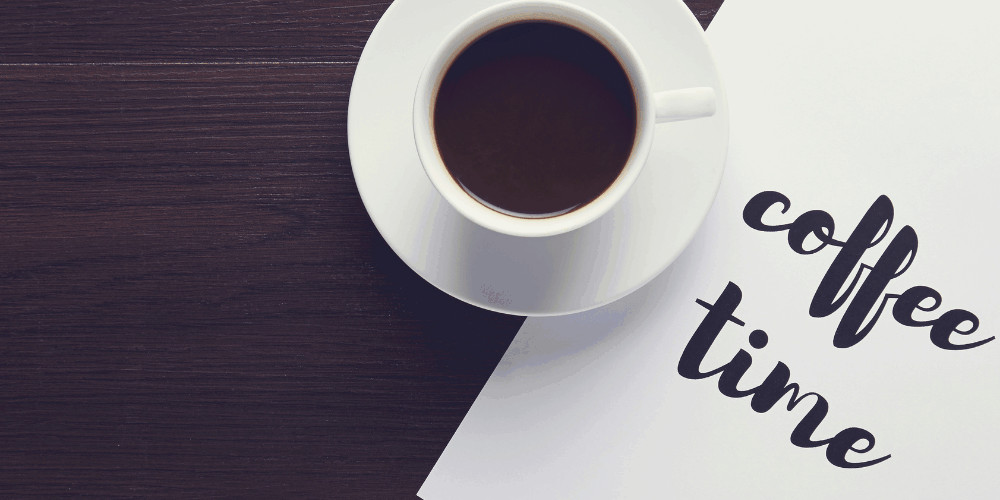
If you are a coffee drinker, it’s best to keep your caffeine intake to a minimum and reserve your coffee for the morning hours. Drinking caffeinated beverages in the afternoon or evening can disrupt sleep patterns and make you feel tired the next day. According to this study, caffeine consumed in the afternoon can affect sleep up to six hours prior to your bedtime. So, avoid drinking coffee unless it’s over six hours before you’d like to doze off. If you do want to drink coffee in the afternoon, reach for a decaf; you’ll still get the experience without the caffeine.
Get a Good Night’s Sleep
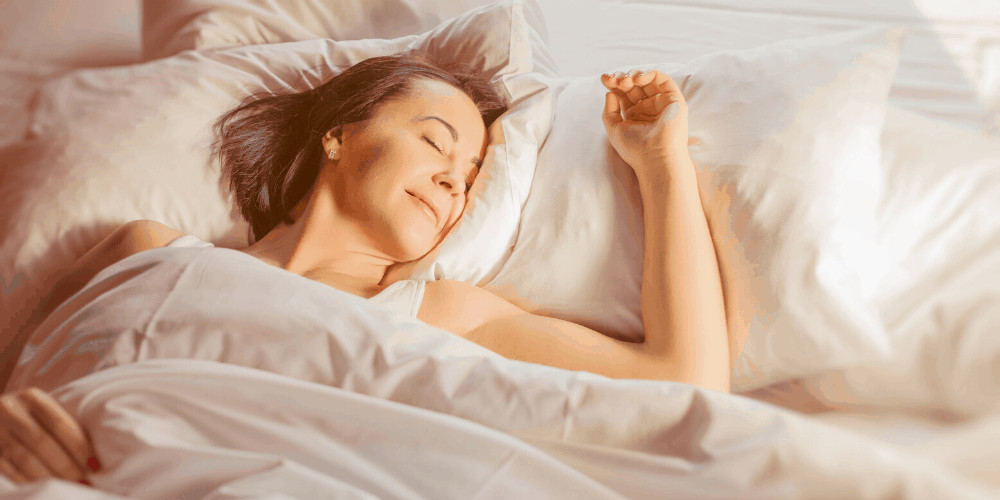
When the effects of caffeine wear off, you’ll start to feel just as tired as you should be feeling — if you’ve had a great night’s sleep, you probably won’t feel that tired at all! In order to minimize the effects of the dreaded caffeine crash, focus on creating a healthy, restful sleep schedule. Aim to get your full eight hours every night, turn off all digital screens before bed, and do some gentle stretching or meditation before dozing off.
By putting the emphasis on getting a good night’s sleep, you’ll reduce the impact of the caffeine crash, and feel much more stable and energized throughout the day.
Limit Caffeine Intake
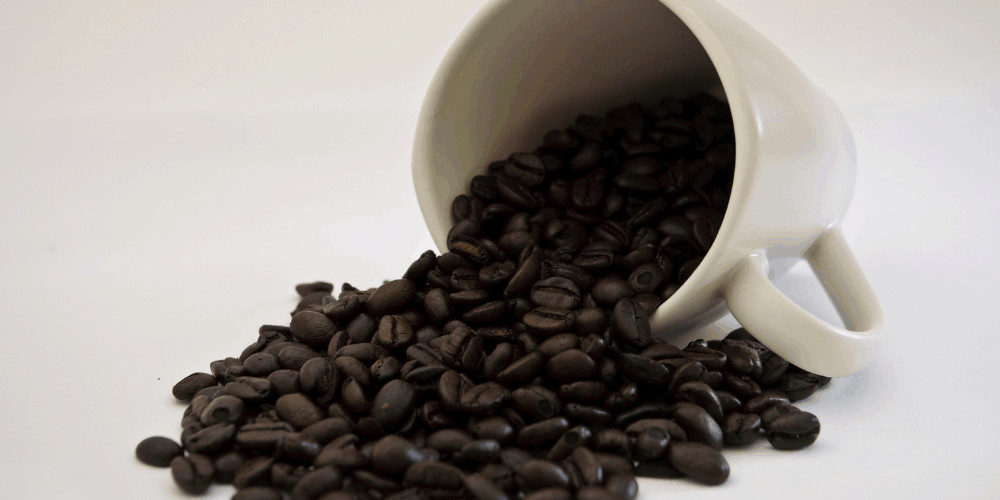
Too much caffeine can make you even more drowsy than you were before. The more caffeine in the coffee you drink, the more tired you will feel after the stimulant wears off. This is because even more adenosine will build up, causing even more fatigue as receptors try to catch up and process the chemical. Recommendations range from 200mg per day to no more than 400mg per day, and pregnant women are advised to limit caffeine, as drinking too much caffeine can pose health risks for mother and baby.
What Are Some Other Drinks That Won’t Make Me Tired?
It understandable if the first drink that comes to mind is an energy drink. After all, it has energy in the name, what there not to love! But, before you rush to grab one, remember that as it turns out, it is likely to have the same effect. Like coffee most energy drinks are made with both sugar and caffeine — these two ingredients have both been shown to result in a crash a few hours after consumption.
We however have some healthy coffee-free alternatives that you can try that can remind you of coffee but not have the caffeine.
For the folks that could care less about coffee like substitute we will suggest this:
- Drinks with B Vitamins: While B Vitamins won’t give you the same energy kick as a cup of coffee, they are essential to our energy levels. B vitamins prevent anemia and help with nerve and blood cell health. Try drinking cow’s milk or a spinach smoothie to get a good dose of vitamin B.
- Coconut Water: Coconut water is filled with electrolytes. These minerals are necessary for balancing the water levels in the body to a neutral pH. If you are low on electrolytes, you may experience fatigue, twitchiness, or muscle pain. Start your day with a glass of coconut water to feel revitalized for your day.
- Green Juice: Green juices contain plenty of ingredients to give you a healthy boost in the morning.There is no specific recipe for green juice, but know that it usually contains a blend of green vegetables and fruit. With a green juice, you’ll get a dose of a cocktail of nutrients that will help your body to function the way it should. Plus, you won’t have to worry about the crash!
Final Thoughts
So, why does coffee make me sleepy? While a cup of strong coffee can sometimes give you that essential boost of energy after a difficult sleep, sometimes, the negative side effects (like the dreaded crash) are hard to deal with. If you find that caffeine makes you more sleepy than you were before your daily coffee, it’s probably time to start thinking about other ways you can get your daily energy boost.
Staying hydrated is the best way to stay energized. And nothing keeps you hydrated better than regular (filtered) tap water. Be sure to drink plenty throughout the day to keep your energy up! Have you experienced tiredness after drinking coffee? Do you have a caffeine-free beverage routine that works? Let us know below!



